Understanding ENFP Wanderlust
Today we’re going to talk about wanderlust – that never-ending longing to explore another part of the world, to seek out new adventures and atmospheres. While many types experience wanderlust, ENFPs as a whole seem to be driven by this desire more than many other types. A thirst for adventure is never far from the ENFP soul, and this thirst often drives the ENFP across many different landscapes and exotic regions of the world. They long to explore new realms, live on the brink, get out of their comfort zones, and surround themselves with the new and the undiscovered.
Not sure what your personality type is? Take our new personality questionnaire here. Or you can take the official MBTI® here.
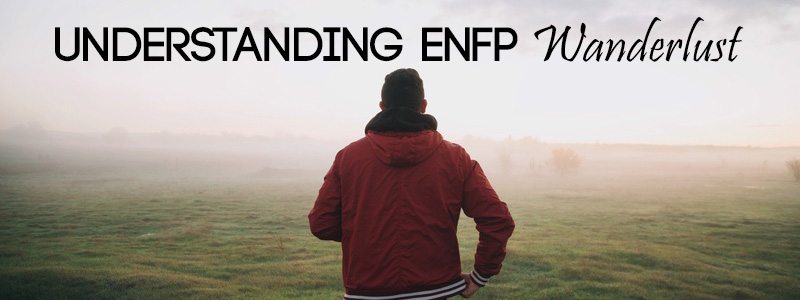
“I want to go everywhere, talk to everyone, and experience all cultures and foods.” said one ENFP I spoke with. Another said, “I am thinking of putting aside $30K and disappearing from Western civilization for a year to live in solace somewhere in the villages of South America. Or I might just be a drifter for a year. Drive around in my car with nothing but a few clothes, some documents in the glove box, and a handful of necessities. Just travel around the country and see what I run into.”
Where Does the Wanderlust Come From?
MBTI expert and psychologist David Kiersey said about ENFPs; “Champions have a wide range and variety of emotions, and a great passion for novelty, and so can become bored rather quickly with both situations and people, and resist repeating experiences.” This restlessness could explain their desire to not stay in one place for too long and the urge discover uncharted parts of the world.
ENFPs have dominant Extraverted Intuition. This function is all about seeing possibilities and interconnections between things. Ne-dominant types have a constant desire to explore new ideas, new surroundings, new experiences. Staying put is harder for them than for many other types – there’s the constant nagging feeling of missing out on this beautiful world they live in. They don’t want to die without having seen all there is to see, felt all there was to feel, walked in shoes that are run-down from climbing trees or walking miles down new roads. ENFPs have a zest for life and a gung-ho spirit that is inspiring to many others.
Author Anais Nin, an ENFP, captured their mindset well when she said “Reality doesn’t impress me. I only believe in intoxication, in ecstasy, and when ordinary life shackles me, I escape, one way or another. No more walls.”
ENFPs don’t always need to speak a language to connect with someone. They can see ways to connect to a culture all around them, and easily pick up on cultural cues and customs. They are excellent with people and are very attentive to the individuals they meet during their travels – always curious to know more about another lifestyle, another culture, hungering for another perspective to see through. They are the friendly backpackers at a youth hostel, the volunteers working abroad on a farm or signing up for a university exchange. As long as they live they will probably always have a thirst to see more, do more, and to discover more new landscapes and cultures.
Dr. A.J. Drenth said of ENFPs, “ENFPs use their Ne to sniff out intriguing possibilities. They enjoy the role of wanderer or seeker. They rarely know in advance precisely what they are seeking, which is partly why they find it so exhilarating. Ne entails a sense of blind anticipation and expectation, of not knowing who or what will manifest next in their life journey.”
What to Do When Limits Keep You From Being Able to Travel:
Sometimes financial limits, family limits, or other responsibilities keep you from being able to travel the way you wish you could. Here are a few ways to satisfy your wanderlust when life feels like it’s boxing you in:
- Engage in Local Adventures: Discover hidden gems within your own city or region, such as visiting local parks, museums, or historical sites.
- Virtual Travel: Use technology to take virtual tours of distant places, from world museums to national parks.
- Plan Day Trips: Short, local excursions can provide a sense of adventure without the need for extensive travel or time off.
- Reading and Research: Dive into books or documentaries about other cultures and places to explore the world from the comfort of home.
- Learn a New Language: Pick up a new language through apps or local courses, giving yourself a useful tool for future travel experiences and satisfying your cultural curiosity.
- Socialize with other Cultures: Attend local cultural festivals, or dine at authentic, ethnic restaurants to experience different cultures.
- Start a Travel Blog or Journal: Document past travels or plan future ones, allowing for creativity and expression through writing and photography.
Find out more about your personality type in our eBook, Discovering You: Unlocking the Power of Personality Type.
What Do You Think? Do you have unquenchable wanderlust? Let me know in the comments!







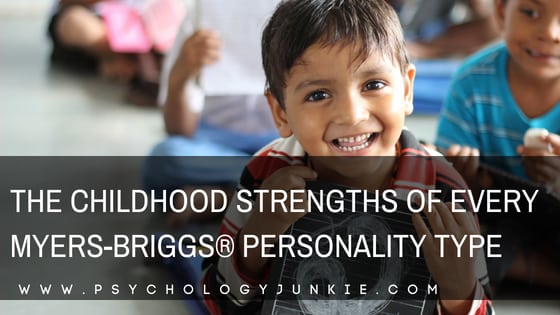
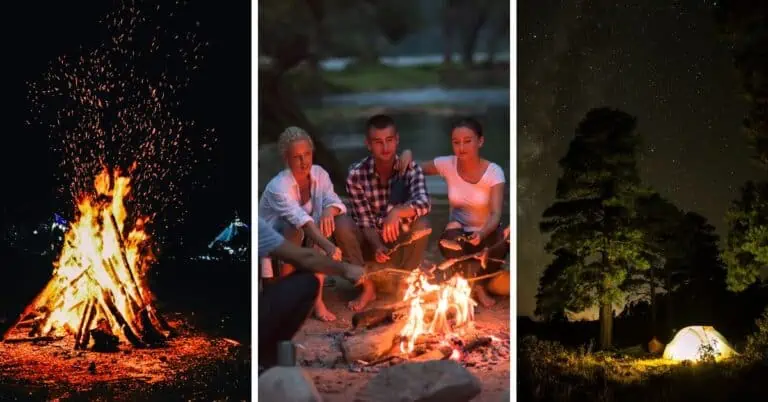
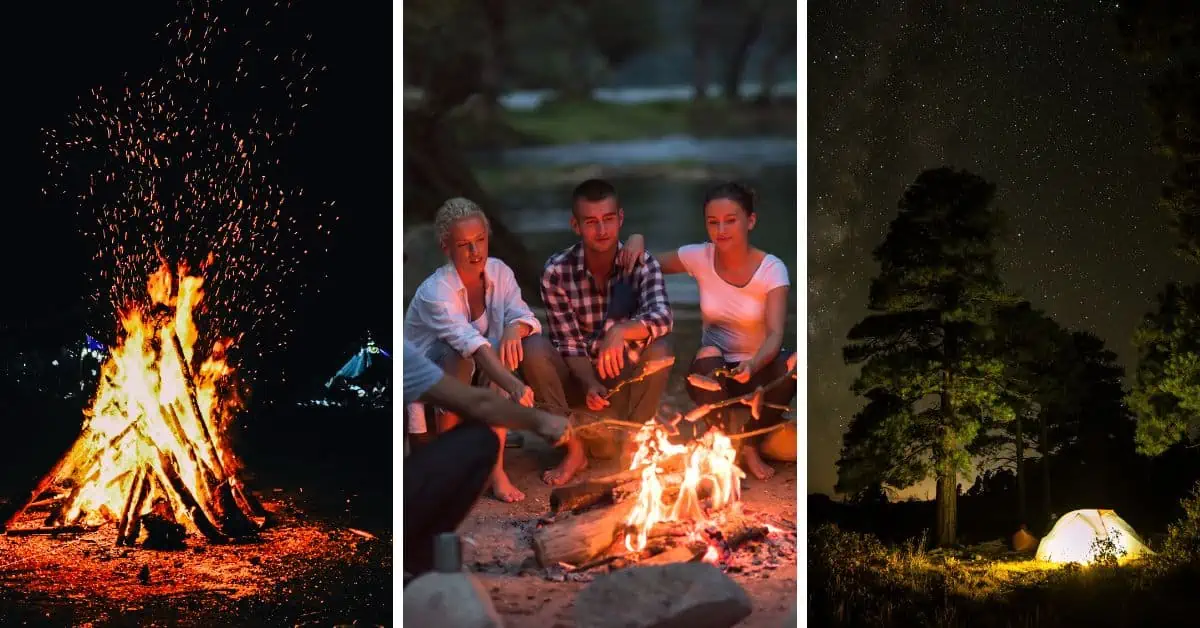
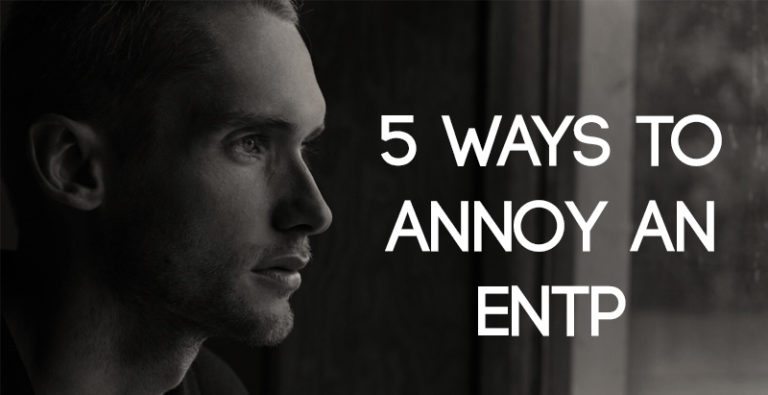
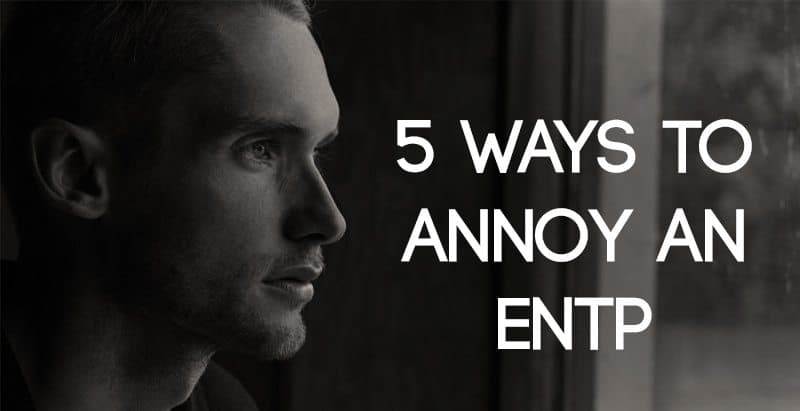
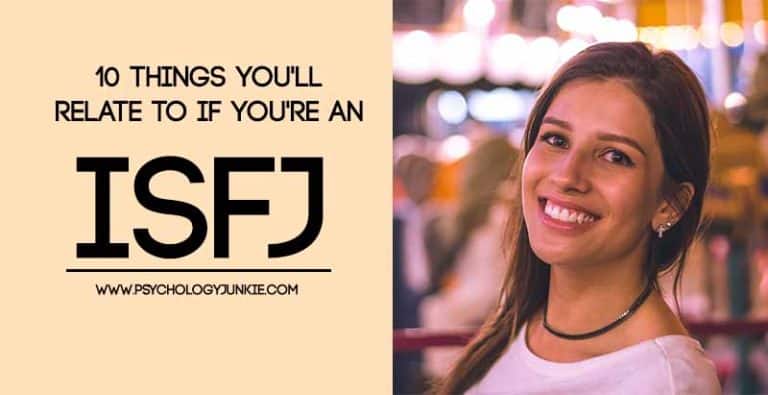
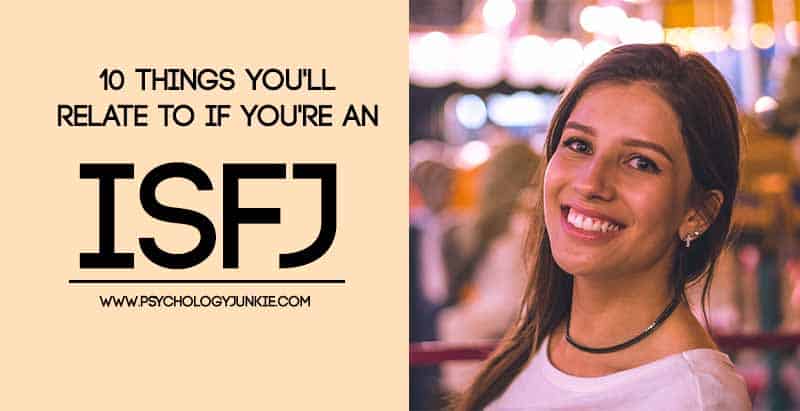
Who is “Dr AJ Drenth” please? I find it curious that someone who insists on putting “Dr” in front of their name appears to have no real internet imprint about their education validating this affectation. Until there is some actual real background on this guy, his words are pretty silly to rely on for proof of anything. Particularly since what I do see on the internet is that he runs two websites which seem to sell products for two completely different fields – one for MBTI and the other for medical pain relief. Sounds rather scammy moneymaking, not insight.
I’m not 100% sure what his credentials are – I own both of his MBTI-related books, and I believe in one of them he mentions having a PhD in psychology. I’m pretty sure that’s where the Dr. part comes from. Either way, I think that you can learn a lot about typology without having a college degree – there are so many books available, podcasts, informative lectures. You can also become a certified MBTI practitioner by taking the course. From what I’ve seen and heard, a lot of people have found his descriptions extremely accurate and his advice very helpful. When it comes to MBTI, there really isn’t a lot of “proof” that it is empirically accurate. It’s a theory and I’ve seen it to be very useful and helpful in understanding people, but I think that if you read all the resources and do a lot of research into it (including reading Jung’s original book on the subject) that you can learn a lot about it without having to get a degree or anything like that – which is good because colleges don’t have degrees in MBTI. I’m not sure if this addresses your concern or not at all – but for the most part I’ve found his theories on type to be pretty accurate with the people I’ve come across.
I am an enfp and this describes me. Adventure seeking, and cultural discovery. Observing, exploring and questioning. This stimulates me. My voyages, often alone, mostly unplanned never mundane. Somewhere tropical, never Disney, a cruise or even Vegas for that matter. The more off beat or exotic..the better.
I am an ENFP and currently sailing half of the world with my husband and 3 children… and already travelled 2 times with backpack when I was in my twenties. So I quess that describes me…
This is incredibly accurate. I have taken 3 cross-country roadtrips this year alone just because. I also booked a 14 day trip to Greece yesterday on a Black Friday whim ($600 off can’t be passed up, right?).
Hi.. I’ve been reading your articles and I had to let you know how much I appreciate your insight. For years I have identified with being an INFP and most everything I read seem to pretty well fit me. I have always felt I was an introvert, so I assumed I would be an INFP rather than an ENFP. However, your articles on ENFPs have really hit home with me and now, upon deeper reflection, I am thinking I was born as an ENFP. And, I lean towards being an ambivert.
Thank you for helping me gain insight and clarity. I really enjoy your articles.
I can relate! I was a super outgoing child, then when I hit 12 I became very shy and quiet, seeking to open up to people and talk, but being too afraid of what they thought of me. I took the MBTI when I was still going through that awkward-shy-phase and got INFP on every. single. test. So I assumed I was an introvert. But as I came out of that phase I became like my old self; very outgoing and talkative. I was born an ENFP. 🙂
While I’ve only travel out of my hometown(Los Angeles CA) for a minuscule of three times, I’ve yet to fulfill that wanderlust bug. I so dearly thrive to dissolve before my deathbed. Time and time again I’ve had friends from other countries nudge me to visit their country or town, but my fear of poverty, which stems from a traumatic situation that happen at 18 has cause me to be cautious of making such a move! However, thanks to mbti and my journey in self improvement; my travel wished shall finally come true!
Certified Enfp